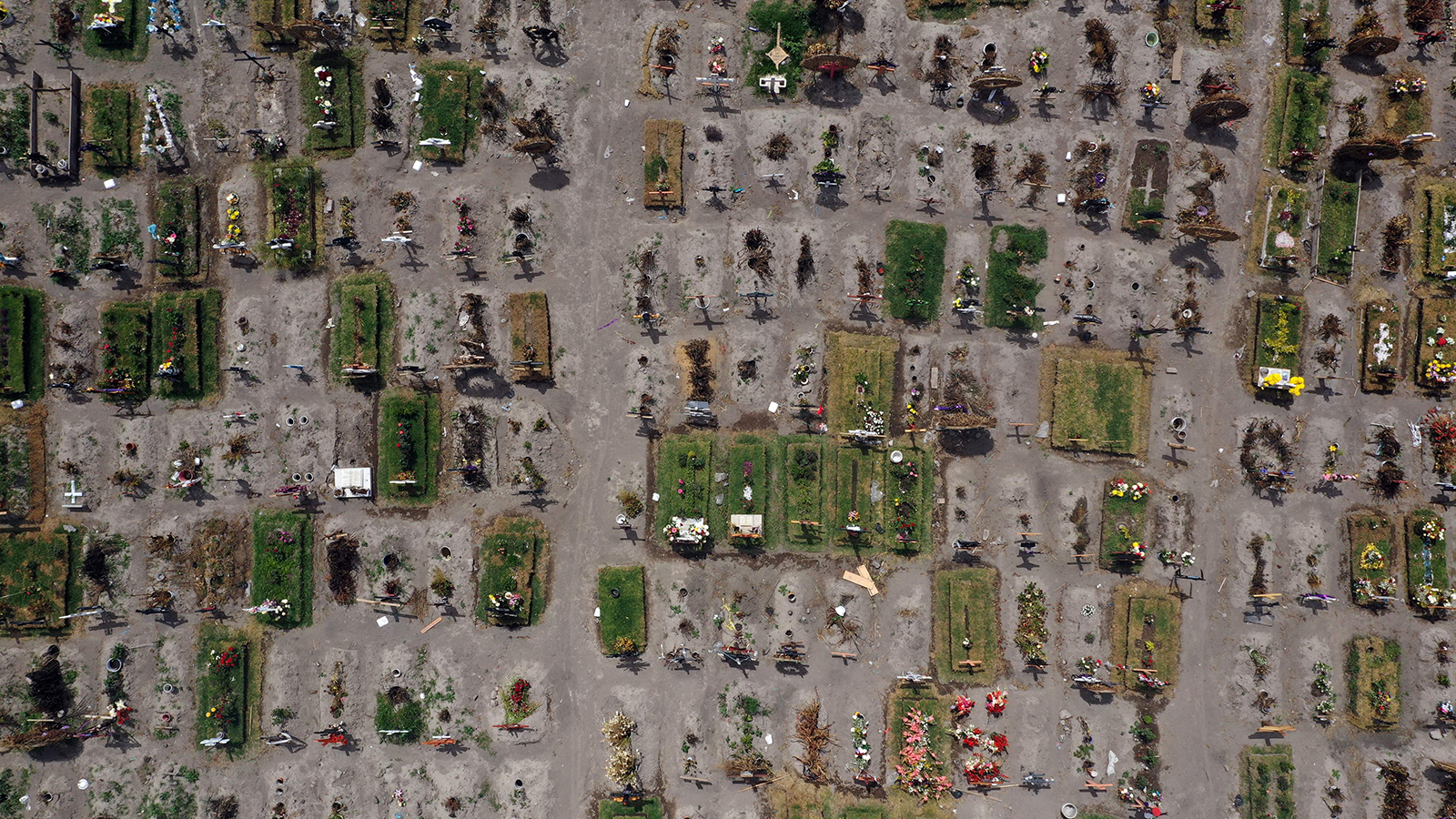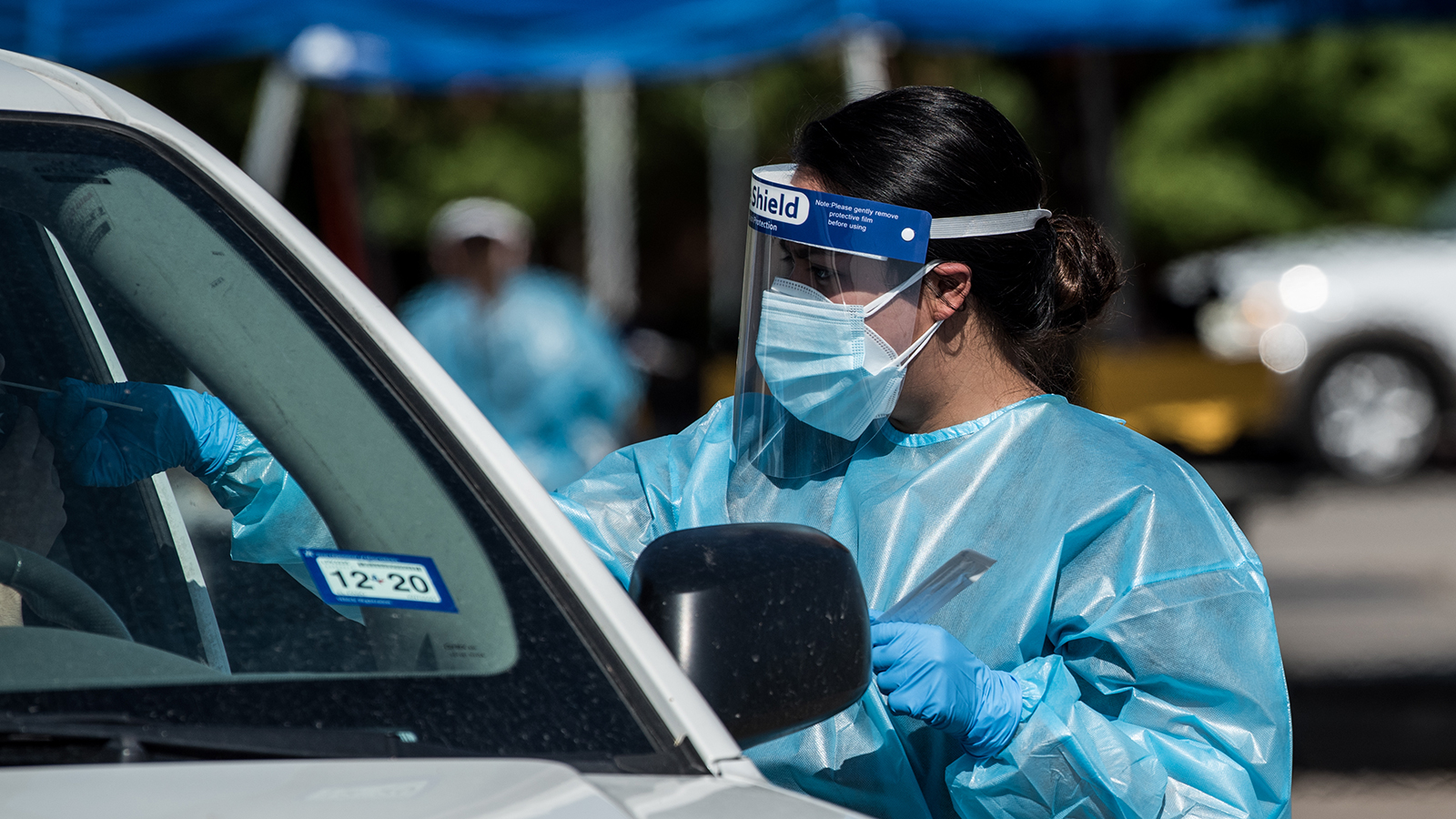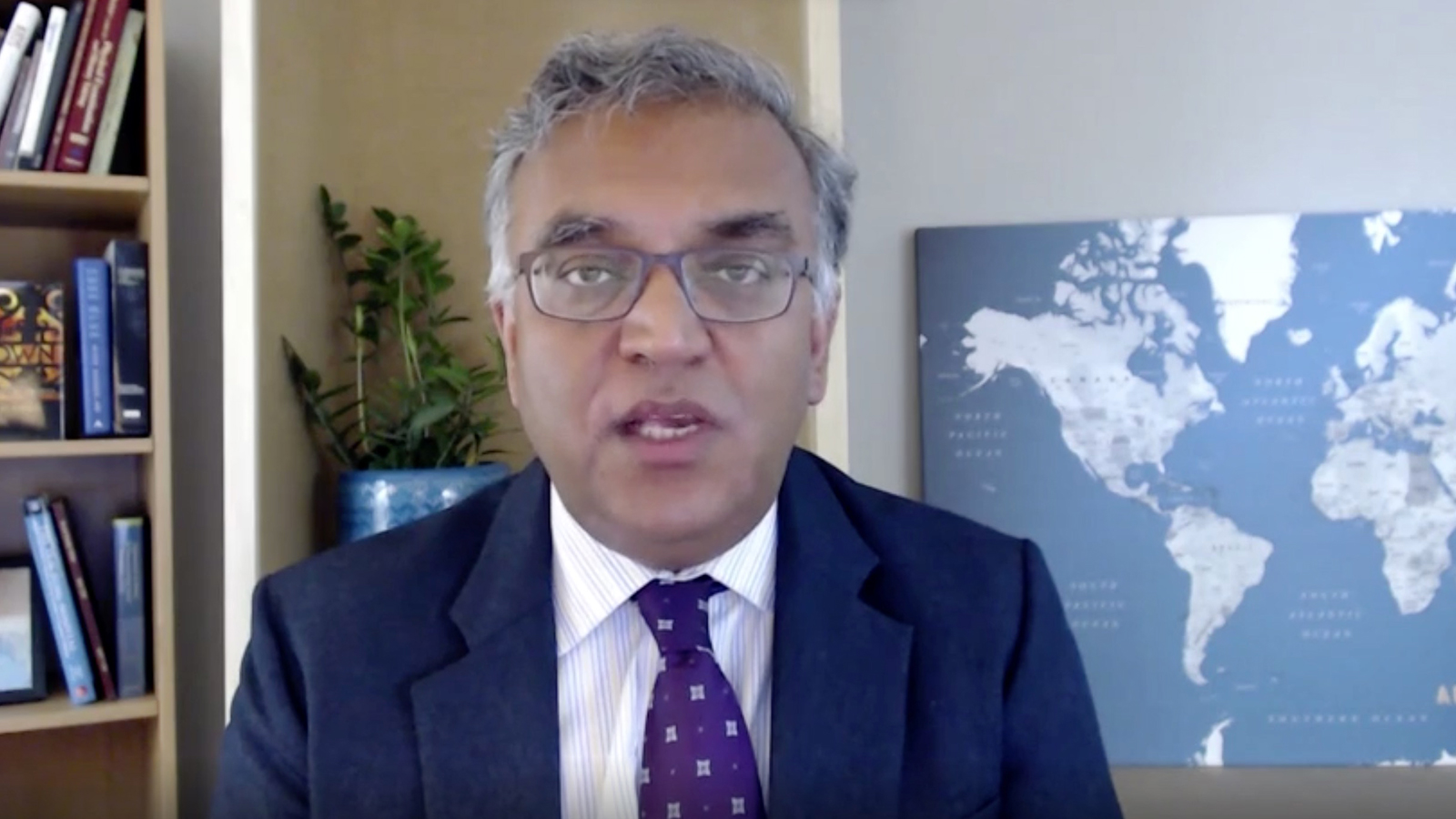The resurgence in coronavirus infections in states across the south and west is now moving into Midwestern states, Dr. Anthony Fauci, the head of the National Institute of Allergy and Infectious Diseases, said Wednesday in an interview on MSNBC.
In Florida, Texas, Arizona, California, an increase in the percentage of coronavirus tests coming back positive signaled a later resurgence, Fauci said. “We're starting to see that in some of the states now, Kentucky, Tennessee, Ohio, Indiana and other states,” he added.
Fauci said the White House coronavirus task force warned the governors in a conference call Tuesday that they need to get out ahead of the curve. “Because what we're seeing now is what actually took place a couple of weeks ago and what we're going to see a couple of weeks from now, is what we're doing now,” he said.
“What inevitably is going to happen is that the states that are not yet in trouble, will likely get into trouble,” Fauci added.
“And that's one of the things that's kind of tough to comprehend, that you look around you and it looks like you're doing okay but if you're not getting your arms around and suppressing that surge that's coming up, that's just a little bit below the radar screen, before you know it, two to three weeks down the pike, you're in trouble.”
The states experiencing a resurgence need to take a look at the reopening guidelines, Fauci said, emphasizing the need to adhere to a phased reopening.
“Not all the states did that and even in the states that did, some of the people in the states didn't listen to what the suggestions in the guidelines were. So, what we're dealing with now is we want to make sure that as we start seeing these surges, you may need to go back a little,” he said.
Fauci said he didn’t believe moving back to a complete shutdown is necessary.
“I think psychologically that would be really very difficult for people to accept but what we can do is, if you're going to quickly call a pause, a timeout and think maybe you want to backtrack a little, not necessarily all the way back to shut down, but enough to regain your footing, so that you then proceed to open in a much more cautious fashion.”



